Your Reliable Partner in Game Console Supply
Competitive Prices · Flexible Terms · Long-Term Growth

Retro consoles bring back memories. But are they legal? Many gamers wonder about the law around these classic gaming devices. Let's explore this hot topic simply and clearly.
Retro consoles are legal when they use official licenses or original hardware. Unauthorized copies of games (ROMs) break copyright laws unless you own the original. Companies like Nintendo endorse some retro consoles properly.
Now let's break down the key questions around retro consoles. Their legality depends on several factors. We'll examine each aspect thoroughly.
What Are Retro Consoles?
You see them everywhere. Small boxes that play old games. But what exactly makes something a "retro console"?
Retro consoles are modern devices that play classic video games. They either recreate original hardware or emulate old systems. Some are officially licensed, others are unofficial clones.
Understanding Retro Console Types
There are three main types of retro consoles:
| Type | Description | Example |
|---|---|---|
| Official Re-releases | Made by original companies with proper licenses | Nintendo NES Classic Edition |
| Clone Consoles | Physical copies of old hardware without licenses | Chinese Famicom clones |
| Emulation Devices | New hardware running software that imitates old systems | Raspberry Pi setups |
Official re-releases like the Sega Genesis Mini1 have full permission. They include legally licensed games. Clone consoles copy old systems physically but often lack game rights. Emulation devices mimic systems through software, which raises legal questions unless you own the original games.
The best retro experiences come from authorized products. They support developers while preserving gaming history. Unofficial options vary in quality and legality depending on their approach to intellectual property.
Is retro console legal?
Police won't raid your home for playing Mario. But the law around retro gaming has clear boundaries.
Own-brand retro consoles are legal. Downloading ROMs for games you don't own breaks copyright law. Many retro consoles walk this fine line carefully.
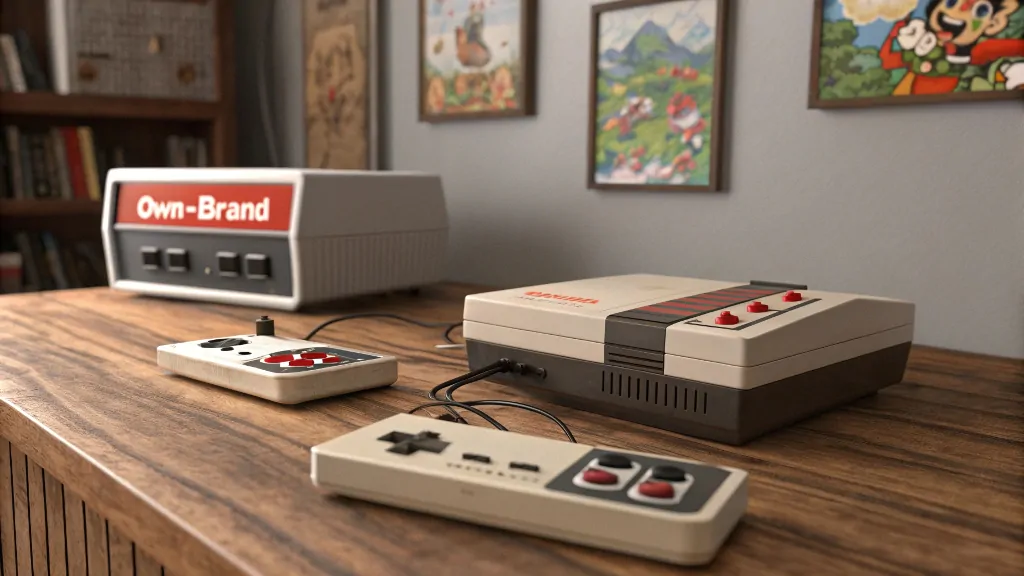
Breaking Down Retro Console Legality
Let's examine the legal landscape:
- Hardware - Copying console designs isn't illegal. Patents expire after 20 years. That's why we see so many NES clones.
- Games - This is where problems occur. Copyright lasts much longer1 (usually 70+ years after creator's death). Key points:
- Owning original cartridges doesn't allow downloading ROMs
- Making personal backups is legally gray
- Selling copied games is clearly illegal
Recent court cases show companies protecting their IP aggressively. Nintendo sued major ROM sites into shutting down. Meanwhile, authorized mini consoles demonstrate the proper way to enjoy classics.
The safest approach? Buy licensed retro products2. Collect original games. Support official re-releases that compensate rights holders.
Is it worth buying a retro console?
Faded memories vs. pixel perfection. Does nostalgia justify the cost of retro gaming?
Retro consoles offer great value if you want convenient access to classics. Licensed mini consoles provide quality experiences at fair prices for casual fans.
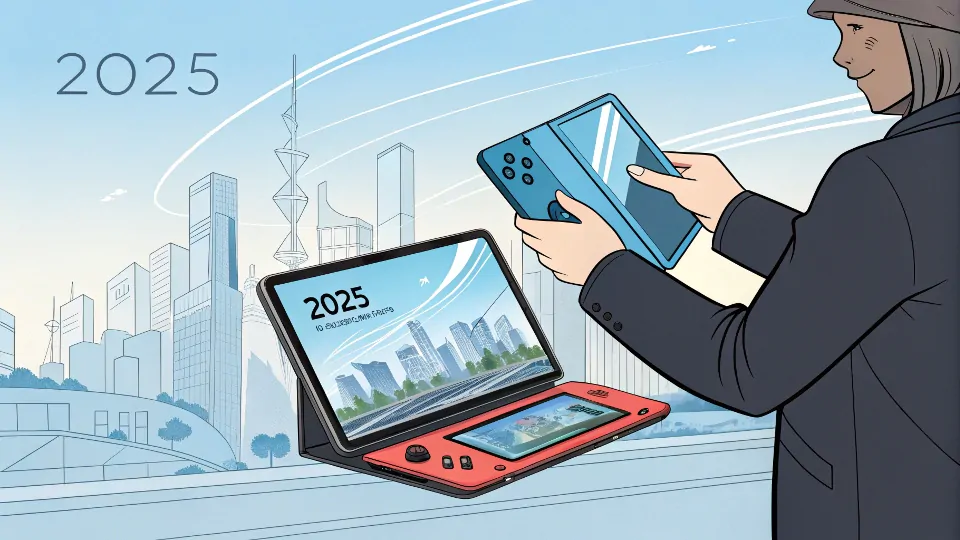
Evaluating Retro Console Value
Consider these factors before purchasing:
Pros:
- Plug-and-play simplicity (no setup needed)
- Official emulation quality
- Authentic controllers included
- Compact size (saves space)
- Great for multiplayer nostalgia
Cons: - Limited game selections
- No modern features like save states
- Often expensive per game
- Can't add new titles easily
- Short controller cables
For serious collectors, original hardware might be better. But for most people, mini consoles strike the right balance. They replicate the experience well without the hassles of aging tech.
Popular options like the PlayStation Classic show the market's evolution. Later models improved based on user feedback about game choices and emulation quality.Are emulation consoles illegal?
The emulation debate divides gamers. Is this clever tech or outright piracy?
Emulation itself isn't illegal. Using emulators with games you own is legally ambiguous. Distributing copyrighted ROMs clearly violates laws worldwide.
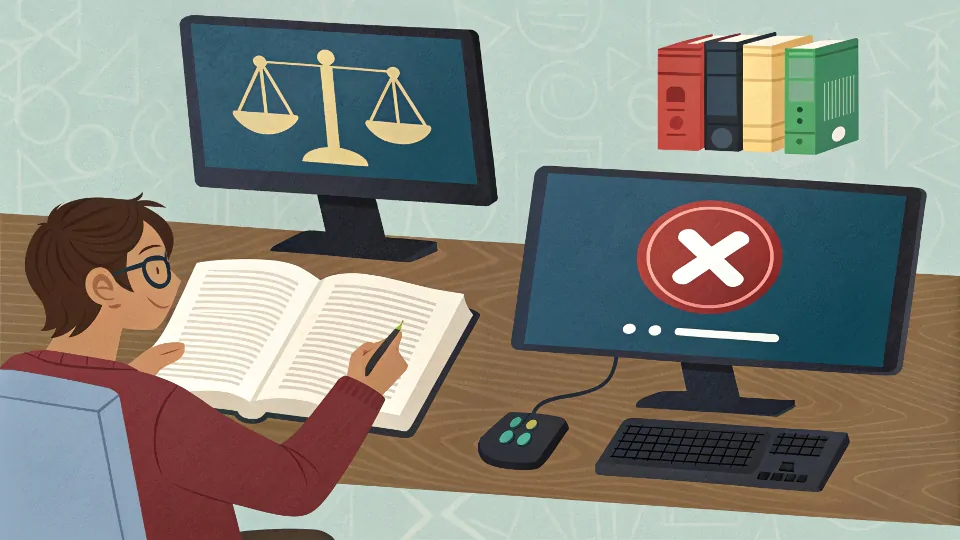
The Complex World of Emulation
Understanding this requires separating several elements:
Emulators (Legal) - Just software mimicking hardware
- Don't contain copyrighted code
- Many developers released officially
ROMs (Usually Illegal) - Digital copies of games
- Mostly unauthorized
- Exceptions exist for abandoned games
Key legal cases established that: - Owning original media doesn't permit downloading ROMs
- Making personal backups remains untested in court
- Commercial emulation devices face strict scrutiny
Modern solutions like FPGA consoles (Analogue Pocket) avoid legal issues by not including games. They require users to provide their own legitimate game copies.Conclusion
Retro gaming thrives when respecting creators. Licensed consoles preserve history legally. Support official products to enjoy classics the right way.
You may also be interested in:
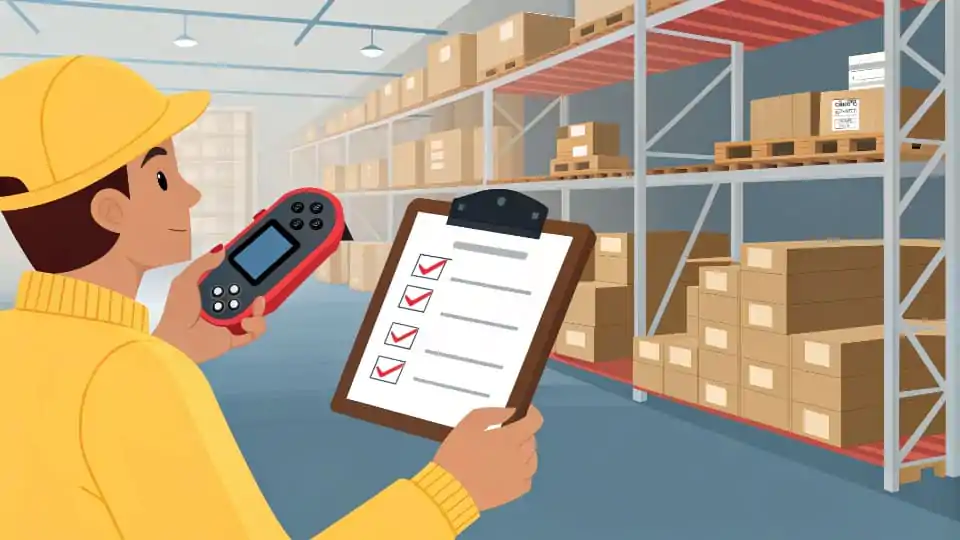
How to Avoid Common Mistakes When Wholesaling Game Consoles?
Sourcing game consoles in bulk can be profitable, but many dealers lose money due to avoidable errors. Let me share how to sidestep these pitfalls.

Games Consoles Wholesale Guide: How to Choose the Best Suppliers in 2025
The gaming industry is booming, and picking the right supplier can make or break your business. Don't fall for cheap traps. Quality matters more in
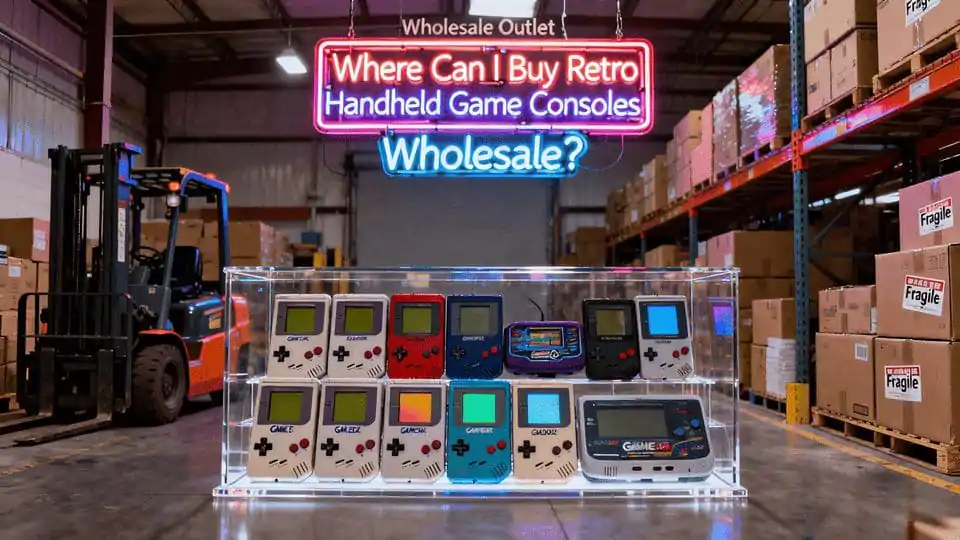
Where Can I Buy Retro Handheld Game Consoles Wholesale?
Looking for reliable wholesale retro handheld consoles? The market is flooded with options, but quality varies. Avoid cheap imitations and unstable supply chains—your business deserves

Is a Video Game Console the Best Gift for the New Year?
Phones replaced conversations during holidays. Game consoles bring families together again. Laughter fills the room as players compete on shared screens. Modern game consoles reconnect
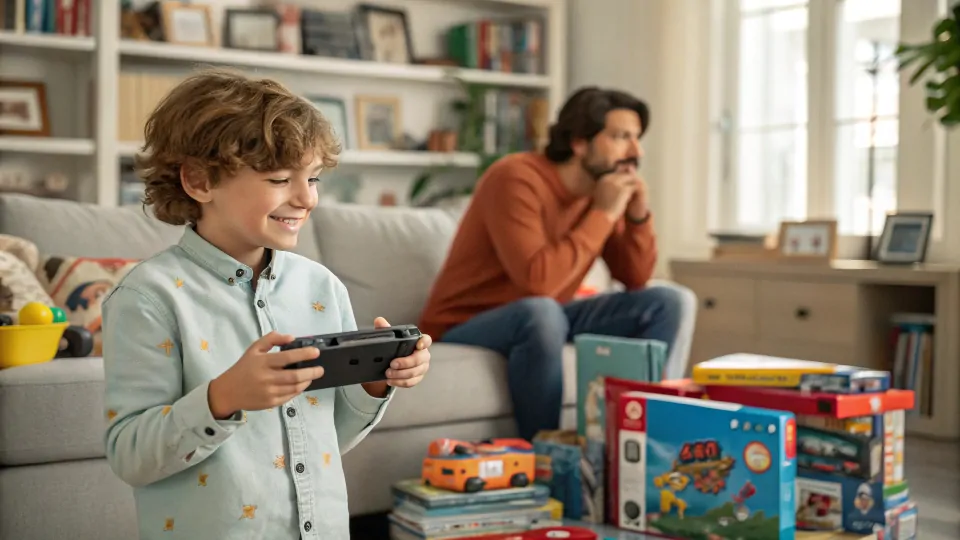
Is it bad to give your child a game console as a gift?
Many parents worry about buying game consoles for kids. They fear it might harm their development. But is this fear justified? Let us explore the
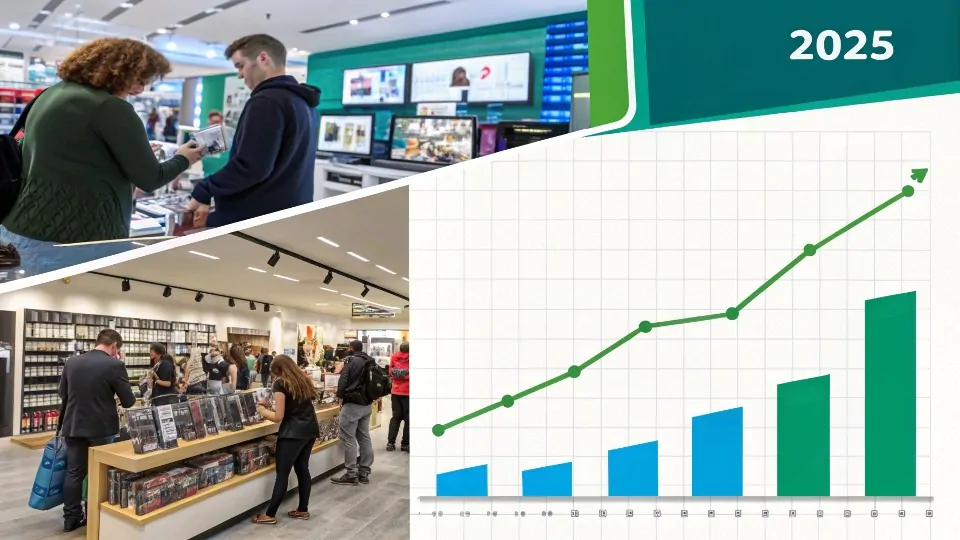
Offline Game Console Sales in 2025: Why Brick-and-Mortar Still Matters
Introduction While online sales are projected to account for 52.7% of global gaming console purchases in 2025, offline retail remains indispensable—especially for hands-on experiences, instant





